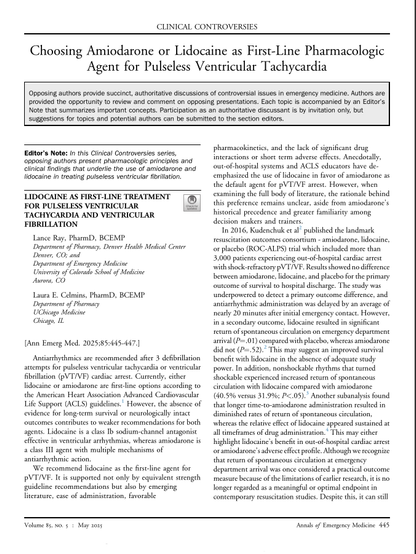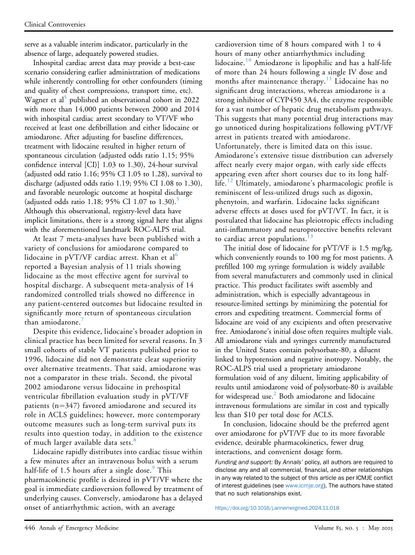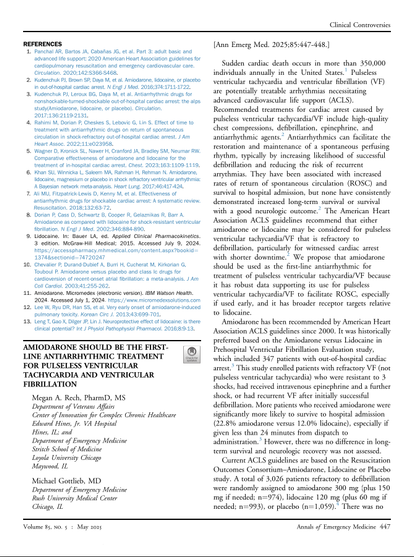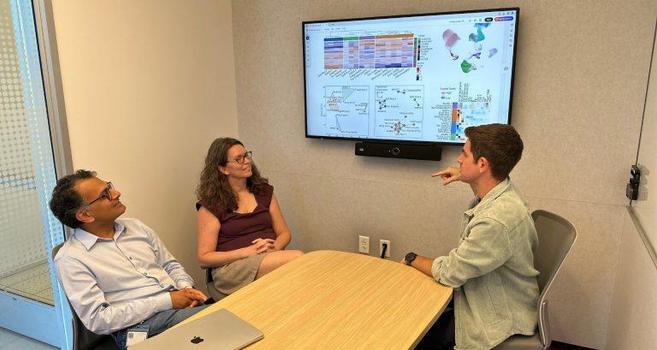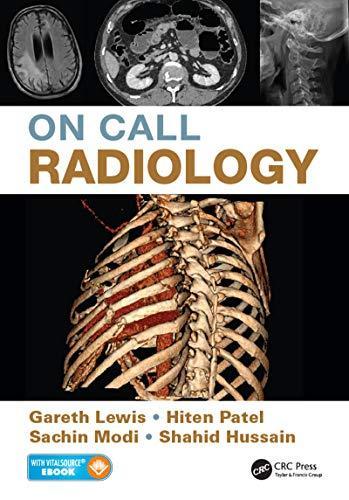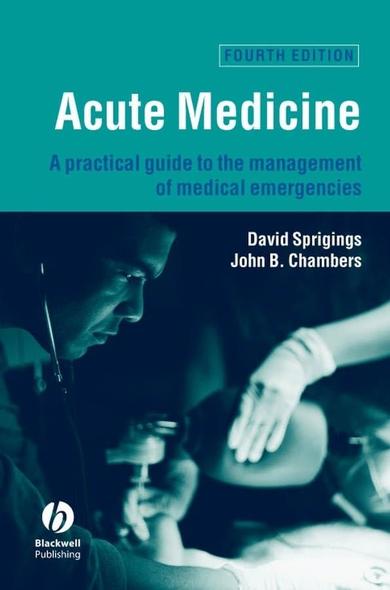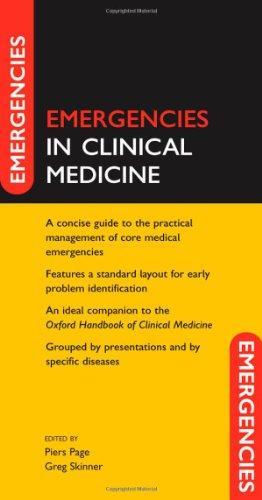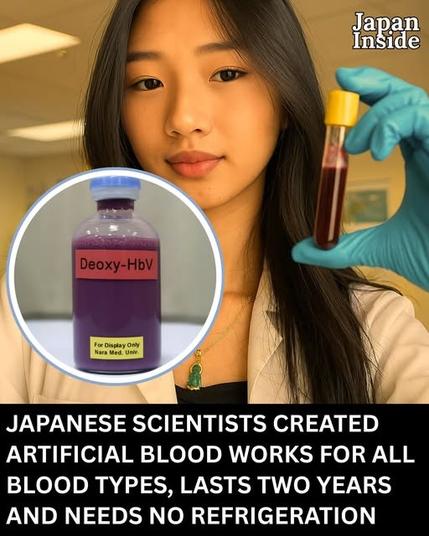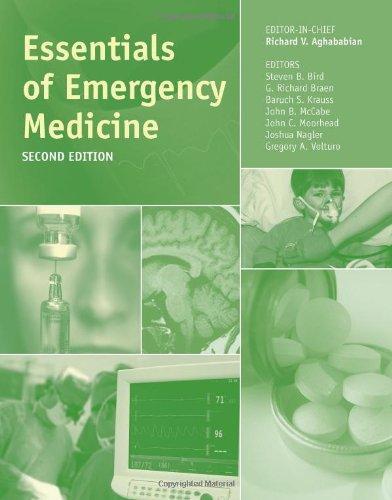#medicine #emergencymedicine #cardiacarrest
#medicine #emergencymedicine #cardiacarrest
🫁 Soft robot intubation device, designed specifically for non-expert users, could save lives
https://medicalxpress.com/news/2025-09-soft-robot-intubation-device-specifically.html
#medicine #healthcare #robot #intubation #emergencymedicine #trachea #pulmonology
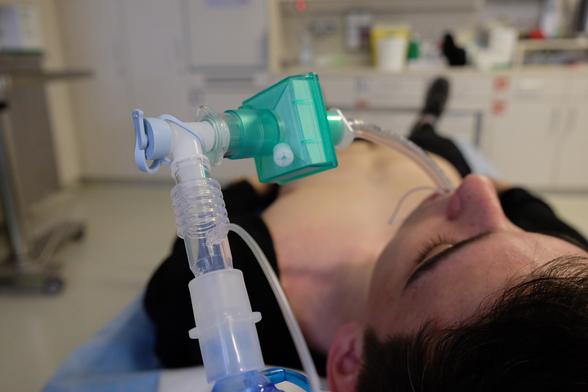
Soft robot intubation device, designed specifically for non-expert users, could save lives
Maintaining an open airway is a critical priority in emergency medicine. Without the flow of oxygen, other emergency interventions can become ineffective at saving the patient's life. However, creating this airway through endotracheal intubation is a difficult task for highly trained individuals and under the best of circumstances.
Immune cell ‘signatures’ could help guide treatment for critically ill patients
However, if a patient’s immune system is out of balance, these treatments can backfire. Sepsis, for instance, can…
#NewsBeep #News #Headlines #DataSciences #Emergencymedicine #Latvia #LV #Medicalresearch #SendtoUComms #StanfordSchoolofMedicine
https://www.newsbeep.com/155528/
Author: Gareth Lewis
File Type: PDF
Download at https://unitedvrg.com/2025/02/01/on-call-radiology-1st-edition-pdf-b08qrddv6j/
#EmergencyMedicine, #GarethLewis
After ARREST, Prague OHCA and INCEPTION, another study on stay&play vs load&go strategies in #OHCA
this time we have a #prospective #multicenter #randomizedclinicaltrials
#cardiacarrest #CriticalCareMedicine #Prehospitalphysician #PrehospitalCare #emergencymedicine #EmergencyPhysicain
https://www.thelancet.com/journals/lanres/article/PIIS2213-2600(25)00130-4/abstract
Author: David C. Sprigings
File Type: PDF
Download at https://unitedvrg.com/2025/02/01/acute-medicine-a-practical-guide-to-the-management-of-medical-emergencies-4th-edition-pdf-140512962x/
#EmergencyMedicine, #DavidC.Sprigings
Author: Piers Page
File Type: PDF
Download at https://unitedvrg.com/2025/02/01/emergencies-in-clinical-medicine-emergencies-in-series-1st-edition-pdf-0199202524/
#EmergencyMedicine, #PiersPage
Impossible Referrals | Mina Naguib | Granta
"how do you balance the risks when one is entirely unpredictable and lies outside the scope of medical expertise? How do you weigh the chance of being bombed by a genocidal Israeli regime against the danger of an untreated heart arrhythmia or diabetic crisis?"
https://granta.com/impossible-referrals/
My friend Mina Nauib on his work in Gaza as an emergency physician during a genocide.
#Gaza #FreePalestine #CeasefireNow #Medicine #EmergencyMedicine
Japan created universal artificial blood that could revolutionize emergency medicine worldwide
Japanese scientists developed artificial blood that works for all blood types and lasts up to two years.
The breakthrough, made at Nara Medical University, uses expired haemoglobin from donor blood, encapsulated in lipid shells to mimic red blood cells.
Unlike traditional blood, it does not require refrigeration, making it ideal for emergencies, disasters, and rural hospitals.
In March, 16 volunteers received transfusions of 100–400 millilitres in the first clinical trials.
The goal is to prove safety and reliability before expanding to large-scale efficacy tests.
If approved, the technology could save millions of lives by solving blood shortage and mismatch crises.
Experts say it may even reach areas current transfusion systems cannot, such as blocked vessels in stroke patients.
Japan hopes to achieve clinical rollout by 2030, potentially changing global health care forever.
Core Topic – Blood & Transfusion
#ArtificialBlood #UniversalBlood #BloodTransfusion #BloodInnovation #BloodSupply #BloodShortage #BloodTech #TransfusionMedicine
Medical Innovation & Research
#MedicalBreakthrough #MedicalInnovation #NextGenMedicine #FutureOfMedicine #HealthTech #BiomedicalResearch #LifeSavingTech #ScienceNews
Emergency & Disaster Response
#EmergencyMedicine #DisasterRelief #RuralHealthcare #GlobalHealth #FieldMedicine #CrisisCare #HumanitarianAid
Japan & Global Science
#JapanScience #JapaneseInnovation #NaraMedicalUniversity #MadeInJapan #GlobalHealthImpact
General Buzz & Inspiration
#ScienceIsAwesome #HopeInScience #TechForGood #HealthInnovation #SavingLives #HealthcareRevolution
Author: Richard V. Aghababian
File Type: PDF
Download at https://unitedvrg.com/2025/02/01/essentials-of-emergency-medicine-2nd-edition-pdf-0763766526/
#EmergencyMedicine, #RichardV.Aghababian

